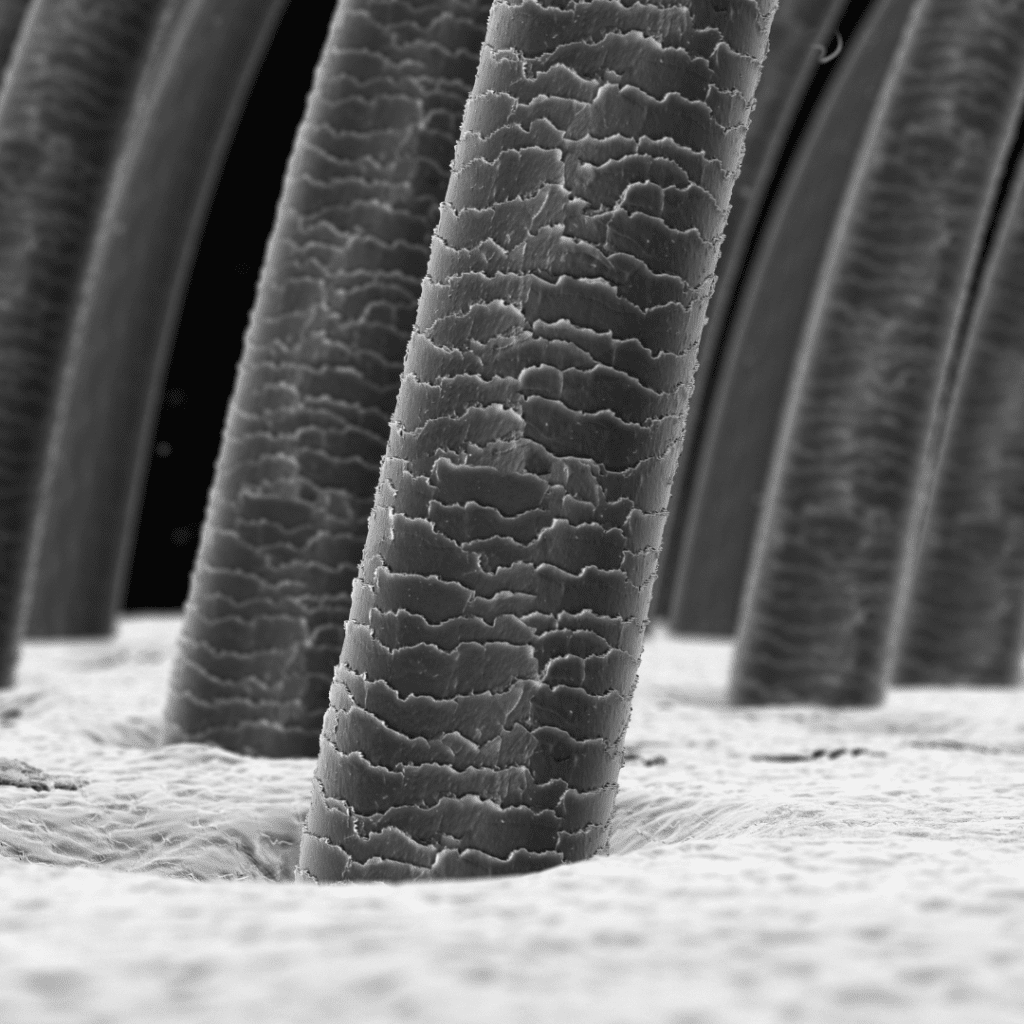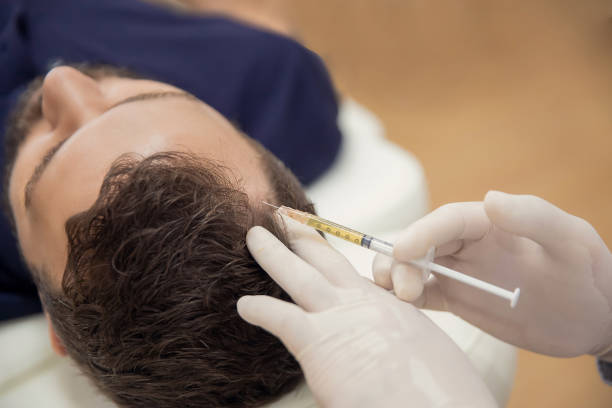No products in the cart.
Services
Hair Cloning
Hair cloning aims to create new hair from donor follicles and is a form of hair multiplication that researchers hope to develop into a solution for hair loss. While scientists have been researching hair cloning for years, it is still not a widespread option for hair restoration. Hair cloning is distinct from hair transplant surgery and involves replicating human hair or stimulating hair growth in areas where it would not previously grow.
Hair Cloning
Hair loss is a serious issue impacting self-confidence, leading people to search for solutions. Among online options, hair cloning shows promise. However, it’s not easily accessible or a complete solution yet.
To manage expectations, understanding the current research is crucial. Hair cloning is still in early development and years away from widespread availability. Patience is needed for those considering hair cloning for hair restoration.

How Does This Work?
Hair clon does not currently solve baldness, but there is potential for future advancements. In 2011, researchers determined that baldness is caused by a lack of progenitor cells, not stem cells. Progenitor cells originate from the stem cells in the follicle “bulge” and produce hair. Androgenetic alopecia, a common cause of baldness, may be reversible.
In 2013, hair-generating dermal papilla cells were successfully cloned by creating a natural growth environment. Stemson Therapeutics achieved hair growth from human dermal papillae cells implanted in mice in 2019. However, there are no updates on their website regarding human trials or further progress. Meanwhile, a doctor in Japan has announced forthcoming clinical trials but has not provided new information since mid-2020.
Book Appointment
Let's Get Started
Contact The American Mane Team Today For Hair Restoration Solutions In Florida
American Mane can offer many alternatives that will give you fuller-looking hair and restore your self-confidence. If you’re ready to take the next step, contact The American Mane Team today to discuss what hair restoration solution best suits your needs.


